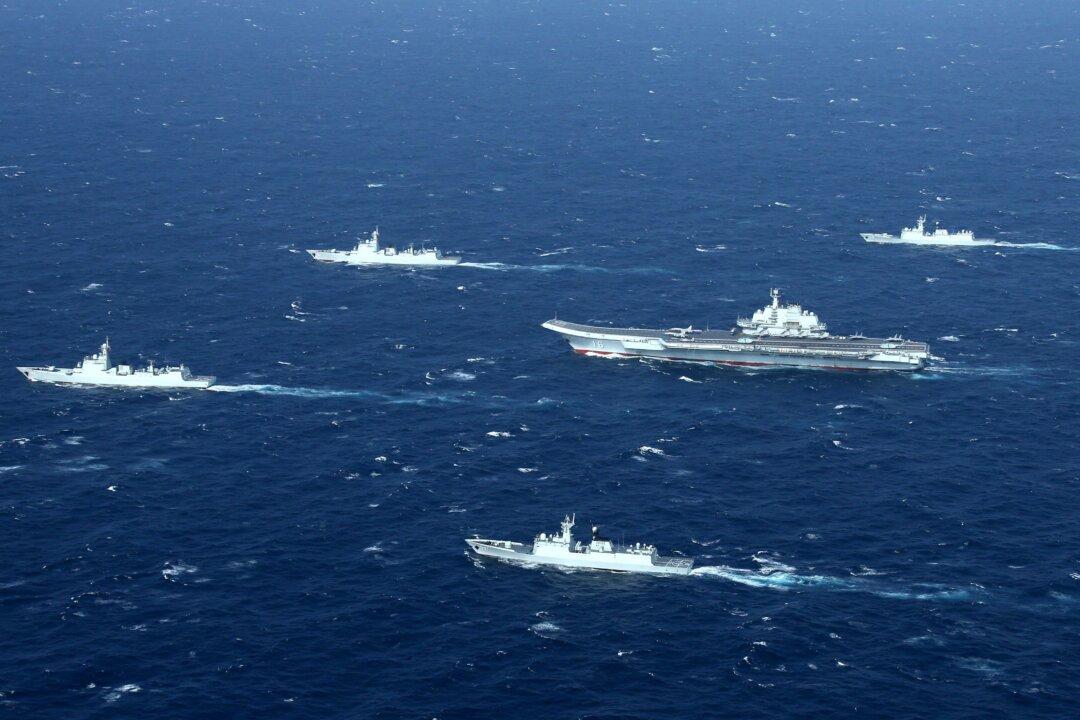Canada should accept and prepare for the scenario that “China believes it is at war with us,” New Brunswick MLA Dominic Cardy says.
Speaking at a book launch event in Toronto on Nov. 25, the former N.B. education minister warned that the Chinese Communist Party (CCP) is taking an adversarial stance against Canada and Western democracies, and that Canada should be ready for any conflict.





